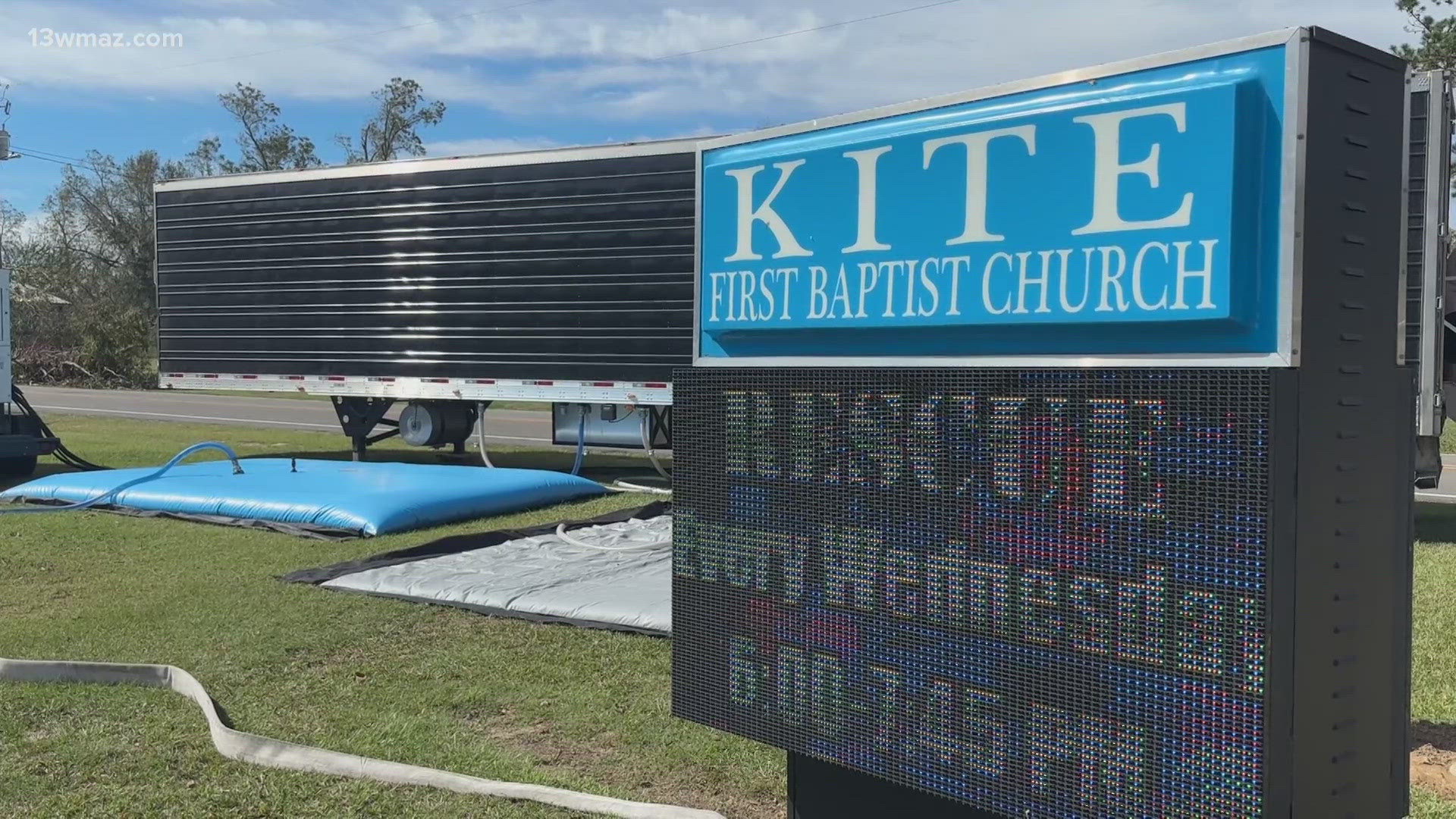Free food on campus may be one of the bright points of a college student's four years on a strapped budget. But getting through college without blowing your savings, ruining your credit or constantly returning to mom and dad takes more than just seeking out university events that give away hamburgers and fro-yo.
![XXX MICHELLE PERRY HIGGINS013.JPG[ID=23743275] ID=23743275](http://www.gannett-cdn.com/-mm-/f37e09b2bc2c8210529f7dffcdea4713d8cf70a7/c=0-96-1913-1731/local/-/media/2015/02/20/USATODAY/USATODAY/635600343764617059-XXX-Michelle-Perry-Higgins013.jpg) Michelle Perry Higgins, an author and financial planner at California Financial Advisors, dispenses financial and lifestyle hacks to help keep students out of debt in her new book College Poor No More: 100 savings tips for college students, out in May. USA TODAY's Hadley Malcolm talked with Higgins about the inspiration for her book, the biggest money mistake college kids make and how saving money can be as simple as buying a water filter (no more buying bottled water) and making sure you eat before heading to any concert or sporting event (because no hot dog and beer combo is worth $20).
Michelle Perry Higgins, an author and financial planner at California Financial Advisors, dispenses financial and lifestyle hacks to help keep students out of debt in her new book College Poor No More: 100 savings tips for college students, out in May. USA TODAY's Hadley Malcolm talked with Higgins about the inspiration for her book, the biggest money mistake college kids make and how saving money can be as simple as buying a water filter (no more buying bottled water) and making sure you eat before heading to any concert or sporting event (because no hot dog and beer combo is worth $20).
Q: You've written other finance books. How did you get the idea to write on this topic in particular?
A: A lot of (my clients) have kids in college and I witnessed the stress that has ensued over the years of getting them to college and then the stories of while they're in college, just the the financial stress they feel. Because they're getting the calls from their students of, 'I need more money,' 'I need more money,' 'I'm out of money.' I realized that students are starving for ways to save money while they're in college.
Q: What surprised you the most while researching the book?
A: What shocked me the most is that we launch our kids off to college without these tools, without these tips. We cannot send our kids off to school without teaching them how to get a budget, do not get credit card debt, making sure they're paying their bills on time, learning to buy generic, teaching them how to shop.
Q: What are some of the tips you give?
A: One is using that student discount. That student card is worth gold. Everywhere a student goes they should be saying, do you have a student discount?
Watching the register when you're checking out. You've got to be your own advocate. Make sure you get your discounts at the grocery store and if it doesn't look right, stop the checker and ask.
So much money is spent on water bottles because it's convenient. It all adds up.
Eating before sporting events. This is where you get killed. Most adults can't even afford what's happening at sporting events.
Q: What do you want college kids to take away from the book?
A: This has nothing to do with me saying that kids aren't going to walk out of school with college loans. This is really making sure that we are not adding to the debt while they are in school.
Q: How much do parents contribute to their kids overspending in college?
A: That's a whole other book. If parents are shipping them $100 and they're living a very comfortable life, this book is not for them. It really applies to that average college student that's graduating with $28,400 in debt.
Q: What don't college students understand about money?
A: I think they are absolutely clueless how poor they are going to feel going into college if they're not prepared. There's a huge shock that occurs after that first semester, just the reality hitting them because they weren't educated on how to manage their money. The second biggest shock is how quickly things can spiral out of control. It's pretty darn easy if you only need $10,000 of your student loan, but they give you $15,000, it's pretty easy to take that extra couple thousand and have fun.
Q: What's the biggest mistake college students make with their money?
A: Absolutely the biggest mistake is getting credit cards their freshman and sophomore year. The only credit card they should have in their hand is one linked to mom or dad for emergencies. I recommend it junior or senior year after they've mastered managing their finances. Getting that credit card is where things can spiral out of control.


